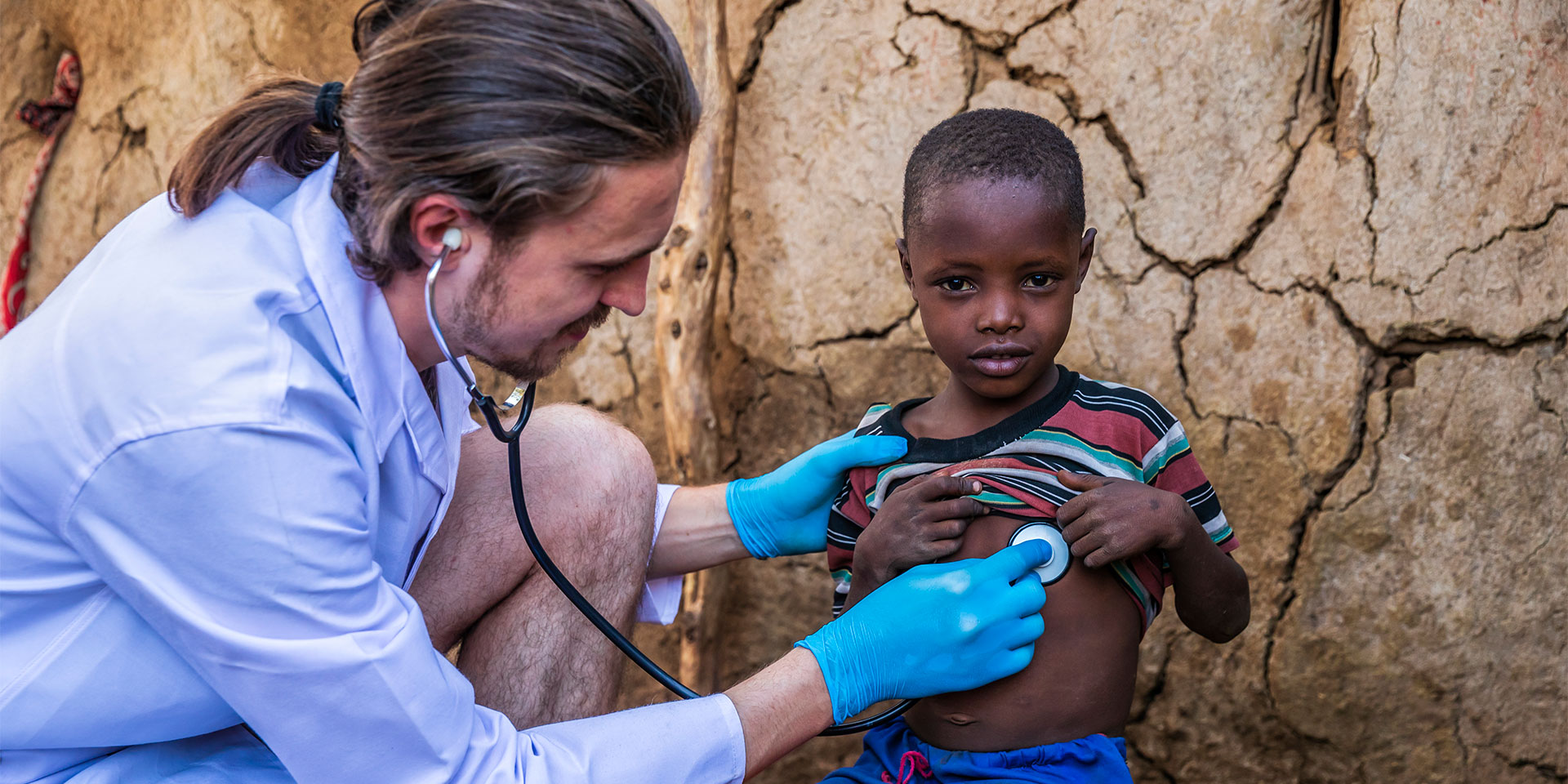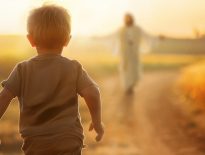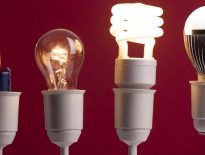Doctor Roland Hermann knows what he wants to do with his life. This is the explanation that best describes his incisive yet relaxed and simple answers. For years, the 45-year-old dentist from Mediaș, Romania, has been travelling to forgotten places to treat hundreds and thousands of disadvantaged patients.
Roland Hermann is not afraid to think and express himself freely. He speaks openly about his passion for extreme sports. He also speaks with ease and simplicity about the altruistic principles that have led him down an unusual path in life. Roland is passionate about piano, guitar, recorder, hiking, skydiving, mountaineering, photography, and drawing, but he is most passionate about helping people. In my interview with him, I tried to understand which came first: did his passion for people lead him to develop altruism, or did the discovery of altruism lead him to develop a passion for people?
In the end, it was confirmed to me that his outlook on life is not a peculiarity of his personality, but the fruit of a specific upbringing and personal choices. Roland is, after all, a man who has taken seriously his search for the ultimate meaning of life. And he is not alone. His actions are team actions, which make him representative of a group of people who are as special as he is, but who have chosen a different vision of life.
Norel Iacob: The world found out about you, Roland, when the Discovery Channel included you in their “Contemporary Heroes” series in 2010. How did you come to be featured in such a production?
Roland Hermann: From 2005 to the present, I have been involved in organising several medical projects in which a small team consisting of a general practitioner, a dentist, and nurses travel to places where people are isolated and/or have minimal access to medical care. These medical projects have taken the form of expeditions to places such as the Amazon jungle, rural Africa and villages near Mount Everest. On one of the expeditions we had a film crew with us, whose director believed in our cause, and so we came into contact with the colourful world of the media, namely Discovery Channel Romania.
I.: Your actions remind me of the missionary doctor David Livingstone or the famous Florence Nightingale. That’s why I have no hesitation in calling you a missionary and your expeditions missionary journeys. When did your dream of being a missionary among the most disadvantaged begin?
H.: Some moral values are transmitted through education, others through self-education. I say this because as a child I was exposed to stories of an illustrative nature, but also to true stories, such as those of Livingstone and Albert Schweitzer, who chose Africa. Perhaps it was then that I fell in love with the possibility of exploring a distant world where the people were so different from me and the wilderness so challenging. One day the moment came when I had to make a decision. Every person has to decide at some point what they are going to do with their life. While I was still studying dentistry, I decided to focus my life, with all that it entails, on the medical mission.
I.: Please tell me, in the most concrete and non-ideological way, what motivates you to do what you do?
H.: It is a continuous process of maturation, in which I am caught between the vocation and the satisfactions that strengthen this vocation. I see lives changing all the time, the lives of people I don’t know, but also the lives of those who take part in these expeditions.
I.: Last year, the central press spoke a lot about you. “Missionary doctor,” “travelling dentist,” “do-gooder,” “contemporary hero” or “white healer” are some of the ways you have been described. How would you describe yourself and your mission?
H.: First of all, I think that these descriptions are deserved by all my colleagues who have taken risks with me and, above all, saved lives. I would describe myself as someone who has the skills and the vocation to go out and treat those who are isolated and have no chance of receiving medical care.
I.: When did you start travelling to provide free healthcare? And what were your first impressions and conclusions?
H.: The first trip was in 2005 in British Guiana. With the help of an Amerindian translator and a friend, a Cessna 172 pilot, our small team of three managed to travel through the jungle and visit 15 villages. The first conclusion was that a lot could be done with little money, and that the help of our expedition partners made a big difference. Then I began to dream of small, very flexible teams of young doctors, equipped with ultra-mobile equipment, who could go virtually anywhere to save lives and provide medical care. In the years since, I have tried to imagine other organisational models, but each time I have come to the same conclusion. There is a target group that is not being reached by the big humanitarian organisations, and there is a lot that can be done for them with limited financial resources.
I.: How many months of your life did you actually spend on these trips? How many countries have you visited and how did you choose them? How many people do you estimate you have treated free of charge?
H.: 2005: British Guiana—40 days, 3 volunteers
2006: British Guiana—40 days, 9 volunteers
2007: Chad—30 days, 6 volunteers
2008: Rwanda—60 days, I went alone
2008: Nepal—28 days, 6 medical volunteers + film crew
2009: Amazon (Brazil)—30 days, 6 volunteers
2010: Bolivia—30 days, 2 volunteers + Bolivian medical team
2011: Nepal—29 days, 9 volunteers, including 1 person over 50 and 1 person over 70.
The countries were chosen to include the target population, so that we could work with partners who could monitor and contribute to the health of the local people after we left. We tried to cover as many areas from as many cultures as possible, to show that a doctor or nurse from Romania can come to these places and do their job, provided they can adapt. At least 500 hundred people received free treatment or medical visits on each of the expeditions.
I.: How does a mission trip like this work? Who do you go with? Which equipment can you not do without?
H.: Usually on our trips, with a few exceptions, we have equipped ourselves with everything we need to do our work. Each doctor chose the right equipment and medicines according to their speciality and local needs. In the beginning, we dreamed of certain equipment, such as an ECG and portable ultrasound, but technology and budget have only recently allowed us to have them. We always took the emergency and trauma kit prepared by our colleagues from SMURD (Romanian Mobile Resuscitation and Emergency Service). In addition, we always took a dental kit with us, which, in addition to pliers and anaesthetics, included rotating instruments powered by a flexible solar panel that also served as a power source for the satellite phone, cameras, and video recorders. We hope that in the future we will be able to access the Internet via satellite, which will allow us to look at telemedicine solutions that could take the team’s efficiency to an even higher level. The teams were made up of doctors from different medical specialities, from orthopaedists to pulmonologists and general practitioners, general nurses and SMURD nurses or nurses specialising in maxillofacial surgery, volunteers from Romania, Germany, Portugal and Switzerland, mostly professionals and sometimes medical students.
I.: What has been your most difficult mission so far and why?
H.: This is a question that each of my colleagues would answer in their own way, but if I look back at the work of each team, I would say that the most spectacular cases and, above all, the most varied caseload was in Chad in 2007. At that time, we worked both in the rural hospital in Bere and in the refugee camps in southern Chad, near the border with the Central African Republic. In Chad, human life can seem disposable in the sense that it can be lost all too easily. In terms of workload and harsher conditions, Chad remains the toughest mission yet.
I.: What are the costs and who finances your trips?
H.: The costs fall into two categories: transport, accommodation and food, and equipment, medicines and medical supplies. For one person, travel alone can cost between €1,500 and €2,000. This includes the first category of costs. The total for the second category can range from €500 to several thousand, depending on the equipment and supplies. These expeditions were funded individually by each participant, who paid for their own flights, visas, vaccinations, and so on. Each participant tried to bring, procure or buy what was necessary for the expedition to run smoothly.
I.: Why is there no money from sponsors in what you have just listed? Is it because you don’t want sponsorship, or because you had no success with sponsorship applications?
H.: I’m a freelancer, or at least I want to be, and every doctor should be, at least when it comes to humanitarian medical expeditions. Sponsorship is welcome, but potential sponsors still need to get used to the mentality of supporting medical freelancers. In general, for some reason I don’t understand, people prefer to trust large organisations. Freelance doctors try to obtain resources so that they remain free, and their patient-related decisions are driven by the patient’s problems, not by obligations to the sponsor. They will also triage their patients according to their needs and their ability to meet those needs, not according to plans drawn up in some managerial office or distant religious council. From time to time, good people have supported us financially and given us a vote of confidence without dictating how the money should be spent. But the burden was carried by the team members.
I.: What kinds of things that we would consider “exotic” did you have to do there?
H. : Well, for me, the most exotic things were drinking water from hanging vines in the jungle, pushing the boat through the rapids knowing that there were anacondas in the water, cooling off in the Amazon with fresh water dolphins huffing and puffing a few metres away from me, flying a motorised paraglider over the savannah in Africa, flying over thousands of acres of rainforest, falling asleep to the sound of drums, being woken up by howler monkeys, enjoying the rising mist at sunrise as the breeze ruffles the mosquito net over the hammock in the jungle, having to use a canoe or an ATV to reach the next Indian village, sleeping in a hut where vampire bats or tarantulas “reside” and much more.
I.: What do you hope to achieve with these excursions? Aren’t they just a drop in an ocean of need?
H.: This ocean of need is a reality beyond our power to judge why it exists. Demographically, we are one ocean. For a while I was tempted to judge the world based on money, to be outraged that so much is wasted in the offices of large organisations, when my team could treat hundreds of people with a tiny percentage of the same money. I gradually realised that large organisations are needed precisely because we are dealing with an ocean, not fish. After all, I could be accused of the same thing. Of course, providing free health care doesn’t spoil anything culturally, economically or politically, but I wonder why at least as much effort isn’t put into training local health workers in countries where they are so desperately needed.
I also wonder why the product of society is large organisations and not a balanced number of medical freelancers like Albert Schweitzer and others. I wish we could wake up inactive people who are neither involved in big organisations nor in local projects nor in supporting anyone, to show that there are still target groups that nobody cares about, that there is also this too little lived method of being a humanitarian freelancer, a medical freelancer.
Sometimes it’s hard in the field when you’re overwhelmed by the problems. That’s when a very harsh word comes into play: triage. It’s the moment when you have to have the strength and wisdom to do casualty management: to identify priority patients without causing a riot, and at the same time take into account what you can do for them with the minimal drugs and equipment you have at your disposal. It’s hard because sometimes you can see the desperation in their eyes. It’s even harder because sometimes there are a lot of children and you have to maintain your composure while your heart breaks or you can’t believe the terrible conditions a human being can end up living in…
I.: Are you thinking of doing this for the rest of your life? Do you have any plans to take it to another level?
H.: Yes, I wish I could find a way to do such missions on a long-term basis. If I ever have the opportunity to secure an income that allows me to spend a minimum amount of time in “civilisation” and a maximum amount of time at “the end of the world”, I won’t hesitate. I plan to dedicate myself to a medical aviation programme/project where I can provide free medical services, air medical evacuations, transport of doctors and volunteers to areas with remote populations.
I will most likely start such a project in Chad. I would also like to develop a medical humanitarian franchise system that would provide a working model for a team of 3-4 medical professionals. Through this system, I would like a team that decides to volunteer for a month or more to be able to receive an ultra-mobile medical kit that includes: laboratory investigation kits, surgical instruments, trauma and emergency kit, dental kit, imaging kit and a telemedicine kit.
I.: Some people who have heard on the Discovery Channel that you like extreme sports might consider you and your teammates as adventurous, eager for adrenaline, extreme sports, danger and thrills. How can you isolate the real reasons why you go on these mission trips?
H.: I don’t deny the propensity to take calculated risks, nor the real joy of seeing myself in the air or plunging into the void, nor that adventure is a welcome spice, so I can rightly be considered as such, with two caveats: 1) I always only risk my own life to reach people, and when I am “on the ground” I choose the safest way (an injured doctor is a useless doctor); 2) after the adventure, the only trophies are the lists of our patients who have been helped. More than once, extreme sports have helped us to accomplish our missions.
I.: Have you learnt more about happiness during these travels? Or does your decision to continue mean giving up happiness in order to sacrifice yourself for the benefit of the needy?
H.: Happiness is too complex a philosophical subject. If you don’t plan your life, others will plan it for you. I have found that happiness can happen to me in different places in the world, while I manage to live values that nobody can take away from me. Yes, I give up or postpone certain pleasures, but I don’t feel that I’m making a sacrifice any different from those who make sacrifices to achieve goals in a potential career or to fulfil personal ambitions. In fact, I would be unhappy if I didn’t follow my vocation.
Norel Iacob is editor-in-chief of Signs of the Times Romania and ST Network.



















